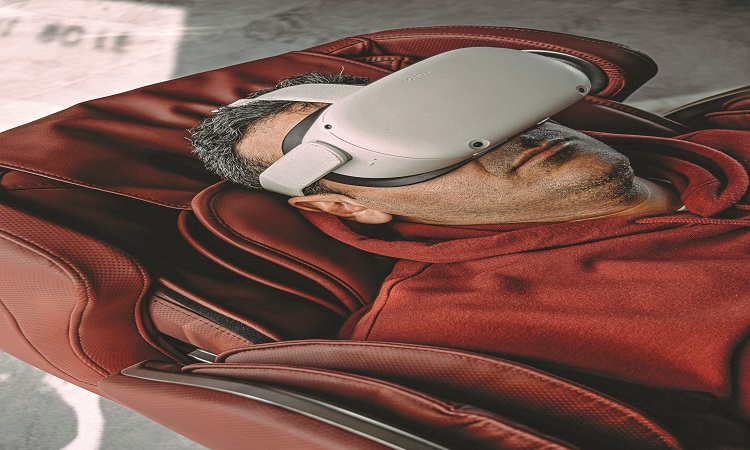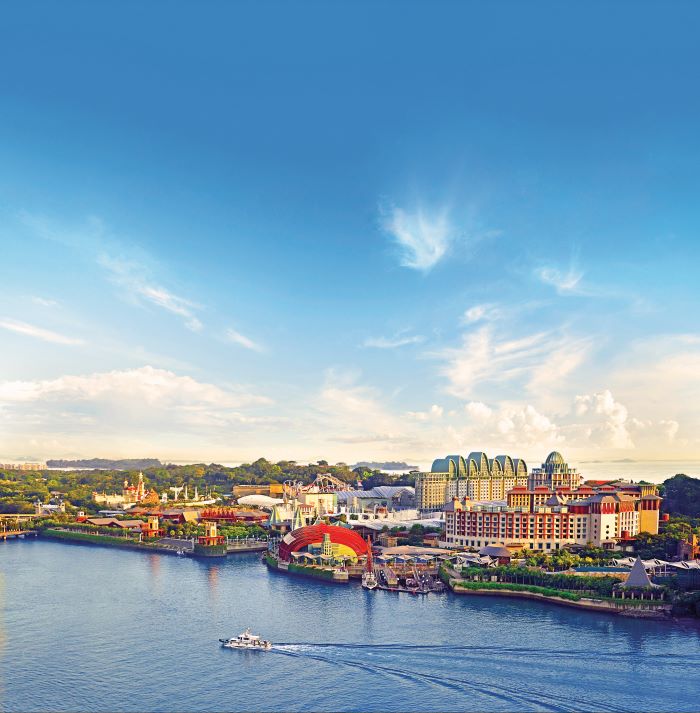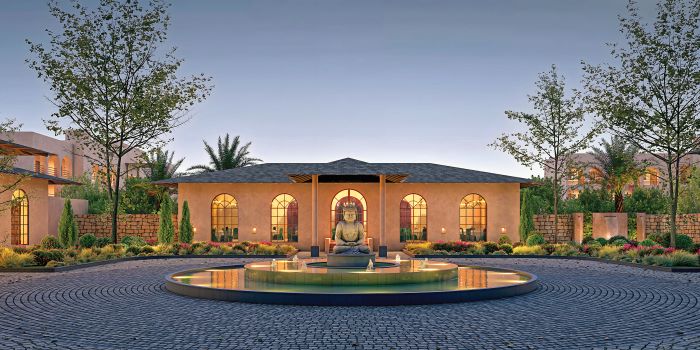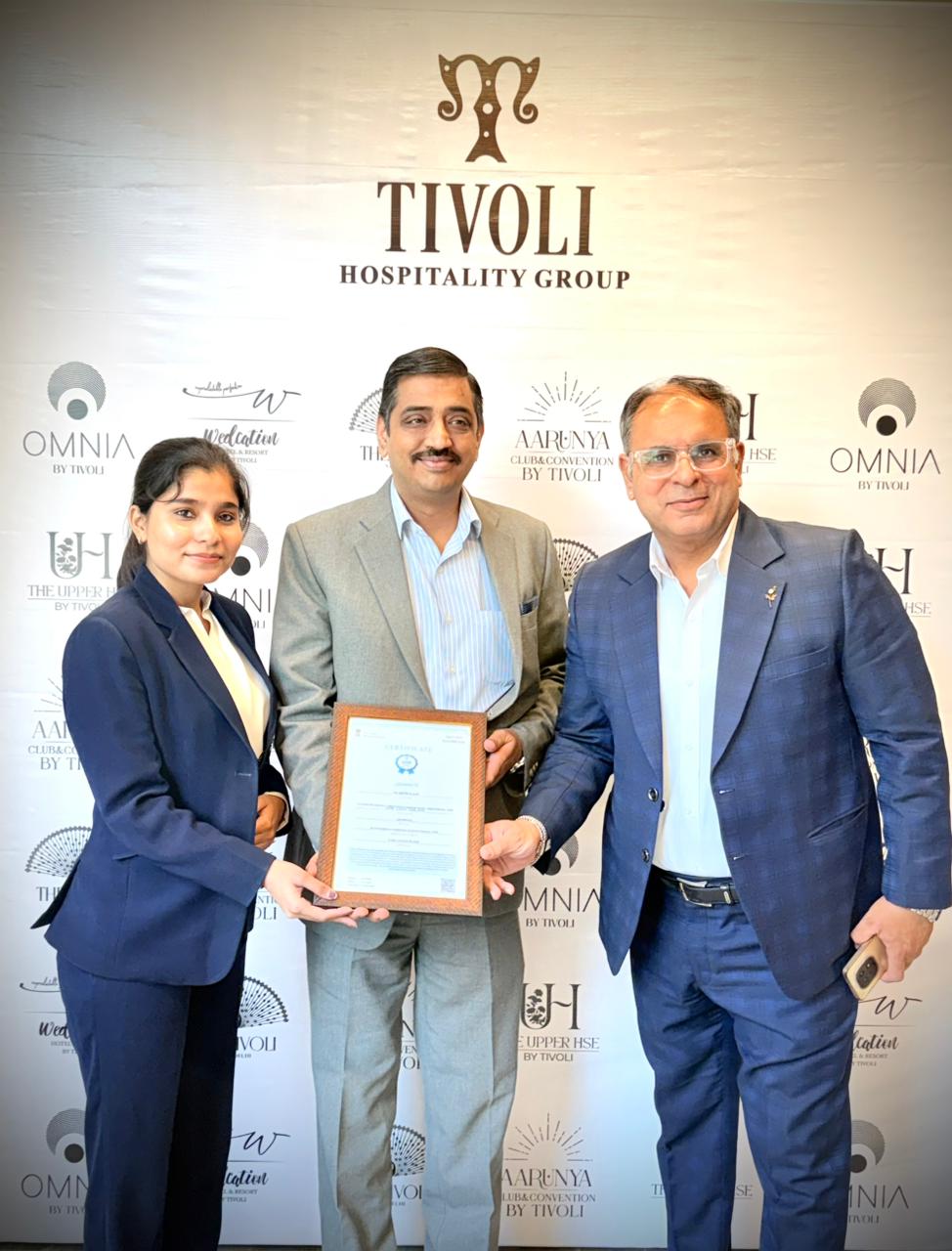From navigating complexities of cookieless world to harnessing power of disruptive technologies, Kanika Mittal provides insights into transformative digital journey ahead for hospitality sector.
HT Bureau
Q: What bold strategies do you feel hotels need to adopt, to thrive in an increasingly competitive open web environment?
A: Hotels need to embrace bold strategies that focus on enhancing customer experience, leveraging data-driven insights, and embracing emerging technologies. One key strategy is to prioritise digital transformation across all aspects of the business, from booking processes to guest services. This includes investing in robust online booking systems, mobile apps for seamless guest interactions, and personalised marketing campaigns driven by data analytics. Additionally, embracing emerging technologies such as augmented reality (AR) for virtual tours, artificial intelligence (AI) for personalised recommendations and blockchain for secure transactions can differentiate hotels in this competitive landscape.
Q: As we transition into a cookieless world, what innovative approaches can hotel brands take to maintain personalised experiences and targeted advertising?
A: In a cookieless world, hotel brands can maintain personalised experiences and targeted advertising by shifting towards first party data collection and technologies such as Taboola. Leveraging contextual targeting and AI-powered algorithms will help deliver relevant content to users without relying on third party cookies. To succeed in this digital marketing landscape, data is your best friend. We empower brands with a wealth of actionable data and insights through the marketplace of its audience. Leveraging our unique and finely-tuned contextual segments, proprietary audience segments, and industry-leading data partner audiences, hotels have access to a comprehensive array of targeting options. Additionally, seamlessly on boarding first party data with Advertiser 1P Audiences for unparalleled precision in reaching one’s desired audience and make it work in cookieless environment of the future.
Q: What disruptive technologies or concepts do you believe have the potential to revolutionise the way hotels engage with guests?
A: Disruptive technologies like voice assistants, Internet of Things (IoT) devices, and virtual reality (VR) have the potential to revolutionise how hotels engage with guests. Voice-controlled smart assistants can streamline guest requests and provide personalised recommendations. IoT devices can enhance room automation and enable predictive maintenance, improving operational efficiency and guest satisfaction. VR technology can offer immersive experiences like virtual tours and remote concierge services, enhancing the overall guest experience.
Q: How do you envision the role of artificial intelligence and machine learning, evolving within the hospitality sector?
A: Artificial intelligence (AI) and machine learning (ML) are poised to play a significant role in the evolution of the hospitality sector. AI-powered chatbots and virtual assistants can handle routine inquiries, freeing up staff to focus on more complex guest needs. ML algorithms can analyze large data sets to predict guest preferences, optimise pricing strategies, and personalise marketing campaigns. Additionally, AI-driven predictive analytics can anticipate demand fluctuations and optimise inventory management, leading to cost savings and improved revenue generation.
Q: In the Indian market, how can hotels leverage digital platforms to effectively reach and engage with diverse cultural audiences?
A: In the Indian market, hotels can leverage digital platforms to effectively reach and engage with diverse cultural audiences by tailoring content and marketing strategies to specific demographic segments. This involves understanding unique preferences and behaviour patterns of different audience groups and creating targeted campaigns that resonate with their cultural values and interests. We offer solutions for content distribution and audience targeting across 101 million daily active users in India, covering a majority of premium publishers and many others across lifestyle, news and tech, including unparalleled reach in vernacular mediums as well. This would help hotels tap into Tier II and III audiences as well.
Q: Given your organisations expertise in driving audience engagement, what innovative strategies do you recommend for hotels in India to enhance their content marketing efforts?
A: To enhance content marketing efforts, hotels in India can adopt strategies that are not intrusive and gel well with the mindset of a consumer looking for a relaxed holiday experience. Our advertising solutions seamlessly blend into the user experience, making it less intrusive and more engaging. From eye-catching thumbnails to compelling headlines, we help distribute beautiful imagery when the attention spans are high and not distracted. This approach not only enhances user engagement but also drives higher click-through rates and conversions.
About the author
Kanika Mittal, Country Manager for Taboola India, brings a wealth of expertise aimed at driving growth and executing strategic initiatives with precision. She is also responsible for leading contextual marketing excellence through Generative AI and Creative Solutions. A market leader, Taboola is well-positioned to assist hotels in reaching a broad and engaged audience with its brand safe solutions and Generative AI capabilities.
Leveraging contextual targeting and AI-powered algorithms will help deliver relevant content to users without relying on third party cookies.”
Kanika Mittal, Country Manager, Taboola India









